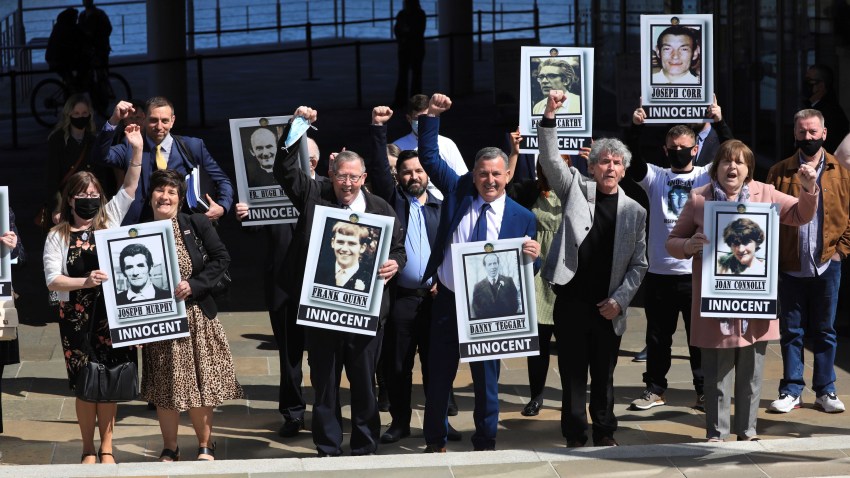BELFAST, Northern Ireland—For the past 15 years, Northern Ireland has held a special “Day of Reflection” on June 21, when people stop to remember the 3,500 people killed during “The Troubles.” That understated shorthand refers to the four decades of conflict pitting British soldiers, police and pro-British loyalist gunmen against the Irish nationalist Provisional Irish Republican Army, or PIRA—a conflict that finally ended with the Good Friday Agreement of 1998.
This year, the Day of Reflection was particularly poignant, as it marked the 50th anniversary of the Troubles’ most bloody year, 1972, when 479 people were killed in the U.K. and Ireland.
The vast majority of those killed throughout the Troubles were civilians, and the inquiries into their deaths held at the time were often hasty, inadequate or deeply flawed. As a result, many of the victims’ relatives and friends have been battling to bring those responsible to justice, or simply to find out what really happened all those years ago. Now, though, many fear that a new bill being rushed through the U.K. parliament is about to close off all hope of future redress.

